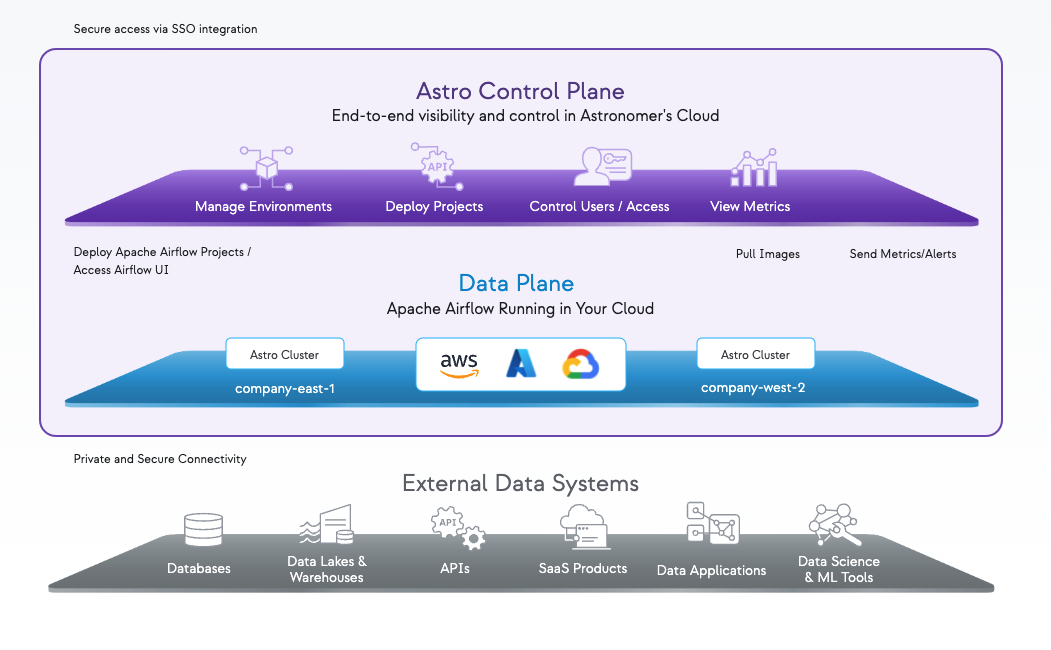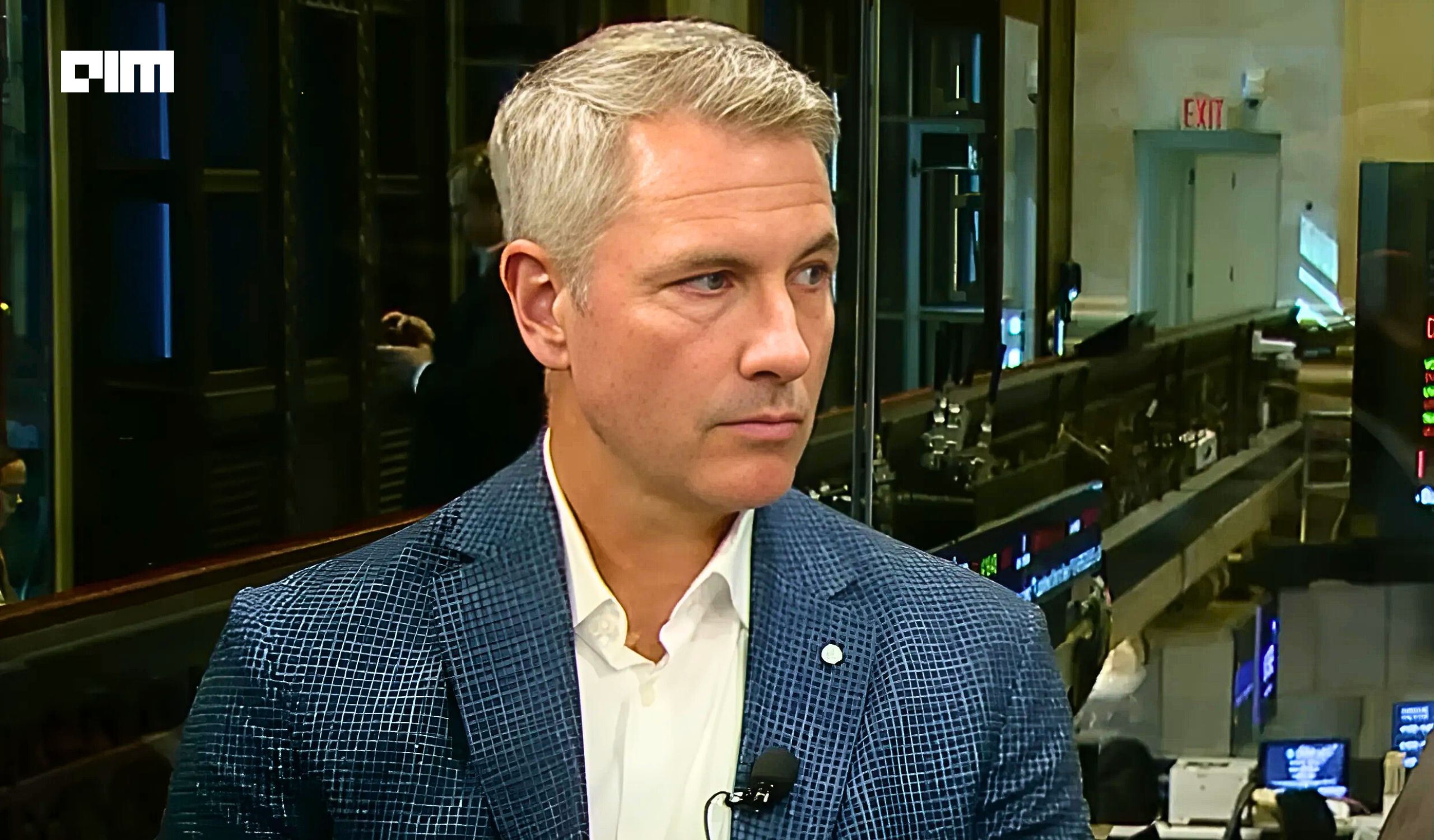When Astronomer’s CEO, Andy Byron, appeared on Coldplay’s stadium video board caught in an awkward embrace with his head of HR, the moment instantly went viral. What began as a light‑hearted kiss‑cam spectacle soon morphed into a full‑blown leadership crisis. Within days, Byron and the HR executive were on leave, and Byron resigned, leaving Astronomer scrambling to reassure clients and investors. For a startup that only weeks earlier celebrated a $93 million funding round and unicorn valuation, the fallout has been dramatic—and it could not have come at a worse time.
Astronomer’s core business—helping enterprises orchestrate complex data workflows using Apache Airflow—relies heavily on trust and stability. Its Astro platform has won fans for streamlining ETL pipelines, machine‑learning tasks, and analytics jobs. But when a company’s leaders become tabloid fodder, clients begin to wonder whether their chosen vendor is still fully focused on innovation and support. Rumors of internal tensions over Byron’s management style only fed the narrative that Astronomer’s culture may have been brittle beneath the slick branding.
While Astronomer’s board moved swiftly to install co‑founder Pete DeJoy as interim CEO, the episode has left an opening for competitors. In the world of data orchestration and workflow automation, brand reputation and executive steadiness matter. When one vendor stumbles, others are ready to remind enterprises that they too can deliver reliable pipelines—without the risk of their leader making global headlines for off‑screen antics.
Prefect: The “Stress‑Free” Contender
Prefect, backed by a vibrant open‑source community and a growing commercial arm, has long pitched itself as the antidote to what it calls “negative engineering.” Its Python‑native “flows” framework and Prefect Cloud service allow teams to build dynamic, conditional pipelines without wrestling with scheduler quirks. With partnerships across the industry—most notably a joint integration with Snowflake—Prefect has demonstrated that it can handle mission‑critical workflows at scale. Now, as existing Astronomer customers question their path forward, Prefect’s message of a developer‑friendly, cloud‑native orchestrator looks especially attractive.

By highlighting its own stability—no CEO resignations, no surprise leave-of-absence dramas—Prefect can offer peace of mind. Its recent wins at major media and technology companies show it can perform in production. Armed with talking points around ease of use, robust documentation, and community support, Prefect’s sales teams will be keen to reach out to any enterprise reconsidering Astromer’s managed Airflow offering.
Dagster: Engineering‑First Orchestration
Dagster, from the startup Elementl, has taken a different tack. Rather than focusing strictly on workflows, Dagster treats data assets—tables, files, models—as first‑class citizens. This asset‑centric philosophy, coupled with an intuitive Python API and rich tooling for testing, versioning, and lineage tracking, gives data teams strong governance over pipelines. Companies such as DoorDash and Flexport have lauded Dagster’s ability to integrate software engineering best practices into data workflows.

In the wake of Astronomer’s upheaval, Dagster can lean into its narrative of “modern engineering rigor.” By contrasting its well‑structured approach against the chaos of Astronomer’s recent PR nightmare, Elementl can make a compelling case: if you want robust, maintainable pipelines backed by a dedicated founding team (including the co‑creator of GraphQL), look to Dagster. Its interoperable bridge for migrating existing Airflow DAGs further smooths the switch for any organization still invested in Python‑based workflows.
AWS MWAA: The Enterprise Safe Harbor
For enterprises already deep in Amazon Web Services, MWAA—Managed Workflows for Apache Airflow—has been a go‑to. It offers the familiar Airflow interface but offloads all infrastructure concerns to AWS: servers, schedulers, metadata databases, even high availability. MWAA’s integration with CloudWatch for monitoring and IAM for security means that banks, healthcare giants, and regulated industries can deploy Airflow with minimal custom setup.
Now that Astronomer’s leadership scandal has put a spotlight on startup governance, MWAA’s parentage under the world’s largest cloud provider becomes a feature. AWS’s polished corporate processes, global data centers, and bullet‑proof SLAs can outshine any uncertainty surrounding a smaller vendor. While MWAA lacks some of Astronomer’s advanced observability tools, its “no surprises” promise is likely to resonate with risk‑averse CIOs and infrastructure teams.
Google Cloud Composer: Tried, Tested, Trusted
Similarly, Google’s Cloud Composer offers a turnkey Airflow environment on Google Cloud Platform. Composer has been in the market since 2018, maturing alongside Airflow itself. Its tight integration with BigQuery, Cloud Storage, and Stackdriver monitoring makes it a natural choice for analytics teams who want seamless connectivity to GCP’s data services.
In this moment of crisis for Astronomer, Google can softly remind customers that Composer has no leadership drama to distract from product roadmaps. With enterprise customers already accustomed to Google’s security and compliance standards, the pitch is simple: continue orchestrating your ETL with Airflow, but let Google handle the ops. The scandal at Astronomer merely reinforces Composer’s position as the “safe” alternative for large organizations.
Microsoft Azure Data Factory & Managed Airflow
On the Microsoft side, Azure Data Factory remains a popular low‑code option for ETL, while Azure’s recently introduced managed Airflow offering caters to Python‑centric teams. As enterprises re‑evaluate their vendors, Microsoft can spotlight its fully managed, end‑to‑end platform backed by enterprise support. In heavily regulated industries—financial services, government—Microsoft’s decades‑long track record and extensive compliance certifications will prove a compelling narrative.
Emerging Alternatives and DIY Paths
Beyond the major cloud players and specialized startups, a host of emerging platforms and DIY strategies stand to gain. Data orchestration tools such as Datacoves and Mage, as well as Kubernetes‑native engines like Argo Workflows and Kubeflow Pipelines, offer alternatives outside the Airflow ecosystem altogether. When clients waver on committing to a managed Airflow vendor, they might investigate entirely different architectures or self‑host open‑source Airflow on Kubernetes. Consulting partners who help build “in‑house Airflow” deployments could see a spike in demand as companies seek direct control over pipeline infrastructure, rather than relying on third‑party management.
The Opportunity in Crisis
In the aftermath of a leadership scandal, client conversations invariably shift from “What can you build?” to “Can I trust you?” This shift is where Astronomer’s rivals see their moment. Every outreach from Prefect, Dagster, AWS, or Google will subtly underscore the stability, corporate governance, and product focus of their own platforms. They will remind prospective customers that their leadership is steady, their roadmaps unaffected by scandal, and their governance practices battle‑tested.

Astronomer now faces twin challenges: navigating the fallout internally—rebuilding its leadership bench, reassuring employees, restoring confidence—and regaining momentum in a fiercely competitive market. Meanwhile, its competitors need only continue executing on their existing strategies to pick off any wavering clients. The “coldplay kiss‑cam” may soon fade from public memory, but its impact on Astronomer’s reputation could linger far longer, influencing procurement decisions and partner partnerships for months to come.
What Comes Next
Astronomer’s resilience will be tested by how it communicates its recovery. A transparent leadership transition, renewed focus on product excellence, and proactive client outreach could help stem the tide. But the bar is high: enterprises will want demonstrable proof that Astronomer’s culture has stabilized and that its roadmap will not suffer.
In the crowded workflow orchestration arena, no vendor is immune to public perception. Astronomer’s competitors have watched this episode closely, ready to showcase their own strengths. For enterprises evaluating their next step in data automation, the question will no longer be “Which tool is best?” but “Which vendor can I trust?” As Astronomer regroups, its rivals stand ready to answer that question on their own behalf—proving that in tech, reputation can be as powerful as innovation.










